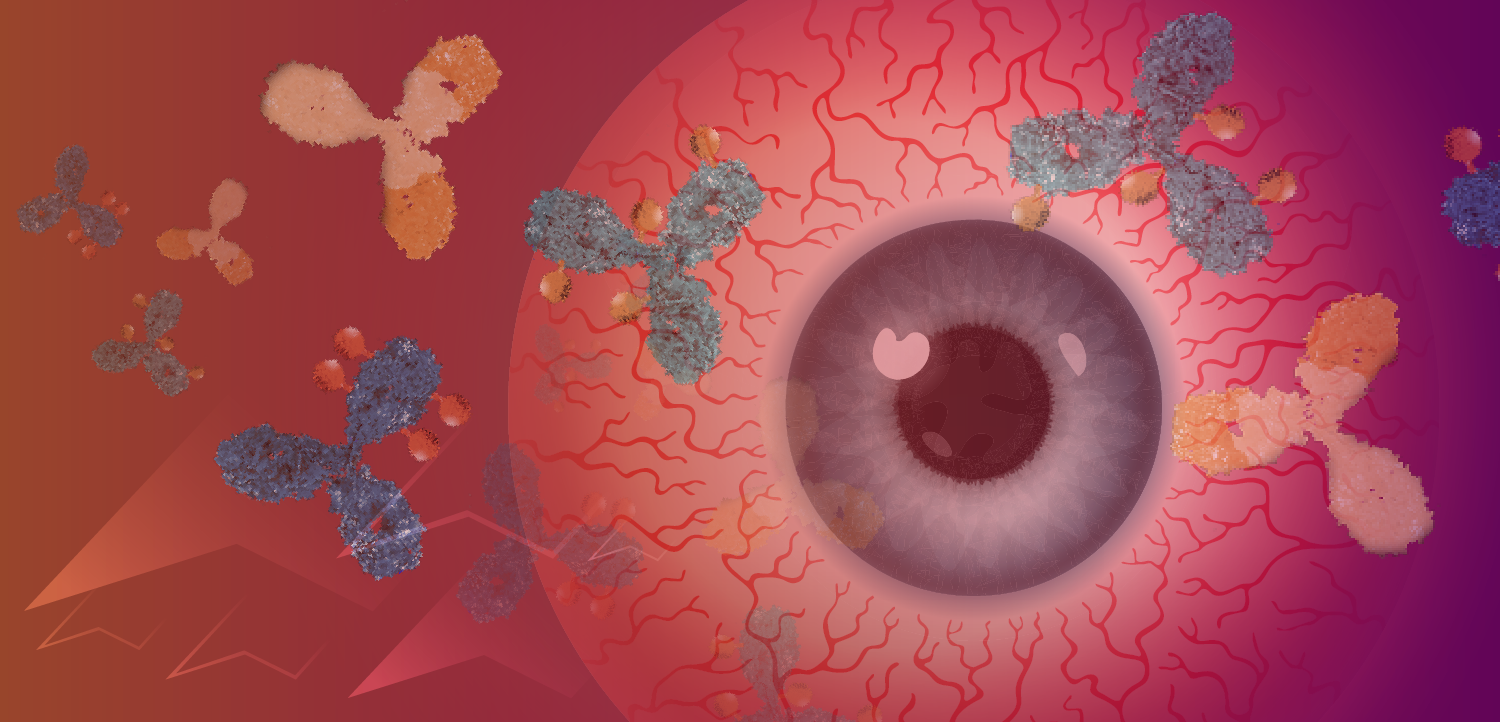Adjuvant Chemo Ups Survival in High-Risk Localized Prostate Cancer
The addition of docetaxel and prednisone to standard therapy may be the first effective adjuvant chemotherapy treatment for high-risk prostate cancer patients.
VIDEO:
Dr. Sandler discussing the results.
The addition of docetaxel and prednisone to standard therapy may be the first effective adjuvant chemotherapy treatment for men with high-risk localized prostate cancer, according to a phase III study presented at the 2015 American Society of Clinical Oncology (ASCO) Annual Meeting held May 29 to June 2 in Chicago.
“For the first time, improvement in overall survival (OS) was observed with tolerable adjuvant chemotherapy for localized, high-risk, hormone-sensitive prostate cancer. We found a statistically significant improvement in OS with median follow-up of more than 5 years, and the cumulative incidence of distant metastases was also reduced,” said Howard M. Sandler, MD, chair of radiation oncology at Cedars-Sinai Medical Center in Los Angeles.
Locally advanced or high-risk localized prostate cancer has a relatively poor prognosis. “Improvements in local and systemic treatment are likely to be beneficial,” Sandler said. He noted that among the most common cancers-lung, breast, colorectal, and prostate-prostate cancer is the only disease without an established adjuvant chemotherapy regimen.
In the study (
After an average follow-up period of 5.5 years, 52 deaths occurred in the standard therapy group compared with only 36 deaths in the docetaxel group. The 4-year OS rates were 89% in the standard therapy group compared with 93% in the docetaxel group. The 5-year disease-free survival rates were “substantially better,” Sandler said, in the docetaxel group (73%) compared with the standard therapy group (66%).
Toxicity was acceptable, he said. There was one grade 5 unlikely-related adverse event in the standard therapy arm and two grade 5 possibly/probably-related adverse events in the docetaxel arm.
“The potential role of docetaxel in hormone-sensitive prostate cancer is consistent with and supported by our data and other studies, such as STAMPEDE and CHAARTED,” Sandler said. “This 4-year analysis is relatively early and additional follow-up will likely be enlightening.”
Whether chemotherapy will become a standard of care remains to be seen. “For the right patient and the right physician, adding adjuvant docetaxel is justified,” he said. The best candidates are those with the most aggressive prostate cancer. He did not recommend chemotherapy for intermediate-risk patients.
“We expect to see an even bigger survival advantage over time,” Sandler said. “This finding could improve outcomes for thousands of men. At the same time, chemotherapy carries a modest increase in side effects, so it is important that physicians discuss the balance of benefits and risks with their patients.”
In an interview, Charles J. Ryan, MD, associate professor of medicine and urology at the University of California, San Francisco, told Cancer Network: “This is the first positive adjuvant study in prostate cancer. The reduction in early deaths is quite a significant outcome.”
Newsletter
Stay up to date on recent advances in the multidisciplinary approach to cancer.
Related Articles
 Managing AEs with Gemcitabine Intravesical System in NMIBC
Managing AEs with Gemcitabine Intravesical System in NMIBCSeptember 20th 2025
 Gemcitabine Intravesical System May Transform Bladder Cancer Treatment
Gemcitabine Intravesical System May Transform Bladder Cancer TreatmentSeptember 18th 2025
 Gathering the Latest Multidisciplinary Care Insights Across World GU 2025
Gathering the Latest Multidisciplinary Care Insights Across World GU 2025September 18th 2025
 How Will Gemcitabine Intravesical System Impact BCG-Unresponsive NMIBC?
How Will Gemcitabine Intravesical System Impact BCG-Unresponsive NMIBC?September 16th 2025
 Navigating Immune-Related Adverse Effects During Kidney Cancer Therapy
Navigating Immune-Related Adverse Effects During Kidney Cancer TherapySeptember 16th 2025
 Embracing the Complexity of Somatic Alterations in Kidney Cancer Care
Embracing the Complexity of Somatic Alterations in Kidney Cancer CareSeptember 15th 2025














































































